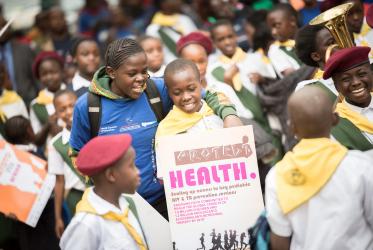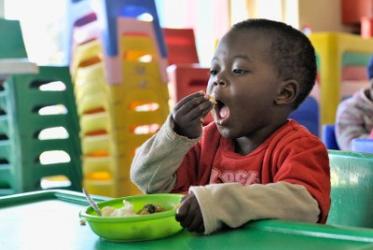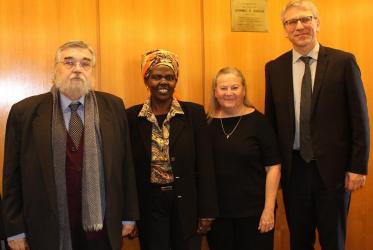“She is HIV positive too. No need to inherit her late husband’s title deed. She will die soon and leave it anyway.”
These man’s thoughts during his brother’s funeral were used by Jane Ng’ang’a, national coordinator, International Network of Religious Leaders Living with or Personally Affected by HIV (INERELA+) Kenya Chapter, to push the debate on property and inheritance rights linked to HIV. The discussion was held during the 61st Session of the United Nations Commission on the Status of Women (CSW), on 16 March, at the headquarters of UNAIDS, in New York.
21 March 2017










